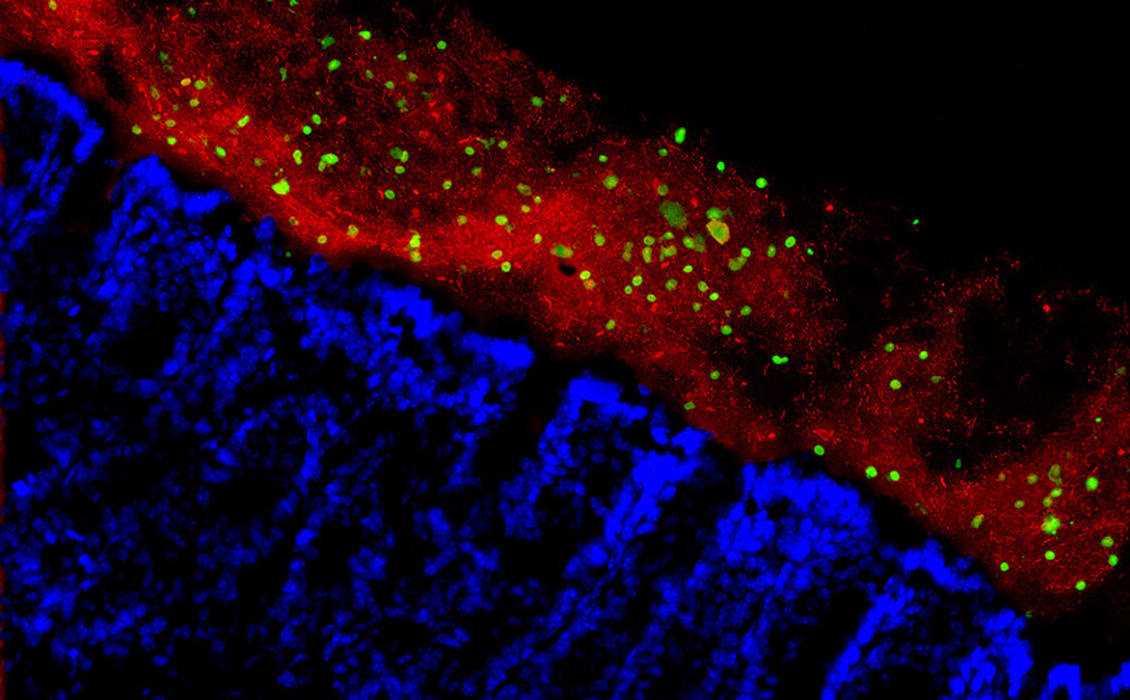currentsinbiology: Intestinal fungi may aid in relief of inflammatory disease Fungi that live in a
currentsinbiology: Intestinal fungi may aid in relief of inflammatory disease Fungi that live in a healthy gut may be as important for good health as beneficial intestinal bacteria, according to new research conducted at Weill Cornell Medicine. Scientists have known for quite some time that the so-called “good” gut bacteria in the intestines, known as commensal bacteria, are a key component of a healthy body. These bacteria are critical for proper digestive and immune system function. Recent discoveries, however, have indicated that other microbes, such as fungi and viruses, may also play a part in how the body handles inflammation. “The focus has been gut bacteria for a long time,” said Iliyan Iliev, assistant professor of immunology in medicine and a scientist at the Jill Roberts Institute for Research in Inflammatory Bowel Disease at Weill Cornell Medicine. “But these bacteria share their space with fungi in the intestines, so we have to think about how the fungi can affect the human body as well.” In a study published May 26 in Cell Host & Microbe, Weill Cornell Medicine researchers found that disruption of the intestinal fungi of mice with antifungal drug treatment increases the severity of colitis and allergic airway disease. Matthew L. Wheeler et al. Immunological Consequences of Intestinal Fungal Dysbiosis, Cell Host & Microbe (2016). DOI: 10.1016/j.chom.2016.05.003 Microscopy image showing that commensal fungi (green) cohabitate with commensal bacteria (red) in the mouse gut. Credit: Iliev and Underhill -- source link
